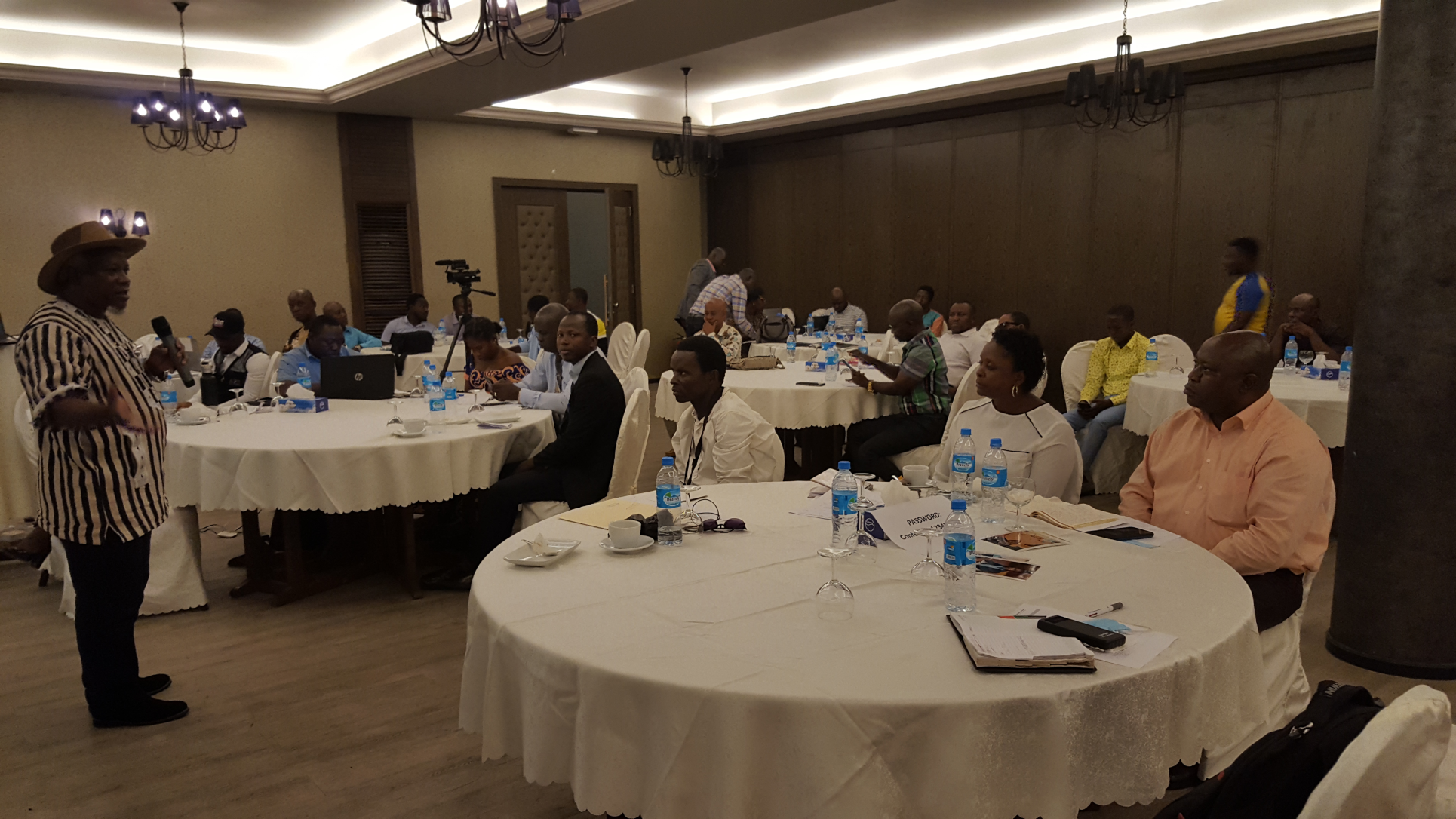By Ibrahim Joenal Sesay
FREETOWN, Nov. 5 (232News) – In an effort to raise transparency and accountability in the mining sector, Budget Advocacy Network (BAN) together with Africa Centre for Energy Policy (ACEP) and the National Coalition on Extractives, has organized a day training session for journalists and Civil Society Organizations.
The training, geared towards ‘Tracking and Reporting on Resource Revenues by Leveraging the Sierra Leone Extractive Industry Transparency Initiative’, took place on Tuesday 2nd November, 2021, at the Mamba Point Hotel in Freetown.
Giving a background of the training, ACEP Executive Director Benjamin Boakye, said that they want to see how a national level action plan for media and CSOs will be developed with institutions undertaking to take those actions forward.
He continued that the Africa Centre for Energy Policy (ACEP) was established in 2010 to contribute to development of alternative and innovative policy interventions through high quality research, analysis and advocacy in the energy and extractives sector in Africa, adding that their vision at ACEP is to see an Africa in which energy and extractive resources are utilized for economic transformation and sustainable inclusive development.
He also stated that there are many countries in the world that are doing so well without natural resources, so if Sierra Leone is blessed with so many natural resources, it should be a bonus, however he continued that the sad reality is that with all these resources, Sierra Leoneans are still living in abject poverty.
“This is not only a training session, but that we want you to examine the situation in the mining sector in changing the narrative in ensuring accountability and transparency. The media and CSOs need to take up responsibility in strategizing where they can position themselves in tracking the country’s natural resources in terms of reporting,” he said.
He concluded by hoping that this training will create the platform wherein in two to three years’ participants would be able to execute what they have learnt in tracking and reporting on resource revenues.
Speaking on Sierra Leone Context and EITI process, Lead Facilitator who doubles as Executive Director for Network Movement for Justice and Development (NMJD), Abu Brima, said that the Extractive Industry Transparency Initiative (EITI) aimed at strengthen government and company systems, inform public debate and promote understanding, noting that in each implementing countries, the EITI is supposed by a coalition of government, companies and civil society. He continued that EITI implements the global standard to promote the open and accountable management of oil, gas and mineral resources.
“Sierra Leone became a member in 2006, leading to the creation of its brand –SLEITI; formed its first multi-stakeholder group (MSG) in June 2007. Sierra Leone became an EITI Candidate in February 2008 at the EITI Board’s meeting in Accra and it was designed compliant country in 2014. The SLEITI process covers two sectors in Sierra Leone: mining and oil/gas”.
“The EITI Standard requires the disclosure of information along the extractive industry value chain from the point of extraction, to how revenues make their way through the government, and how they benefit the public,” Brima disclosed.
He ended by revealing that through the full commitment of the MSG to the EITI reporting, Sierra Leone has also achieved satisfactory progress in meeting several individual requirements including: Government engagement in the EITI process; distribution of extractive industry revenue, data timeliness, outcomes and impact of implementation follow up on recommendations and license register.
One of the participants, Abdulaziz Samura, a reporter working for Standard Times newspaper said that he feels privileged to be part of the training and assured that he would make sure that he passes on what he has learnt so far to his colleagues on how to report on tracking resource revenues.

